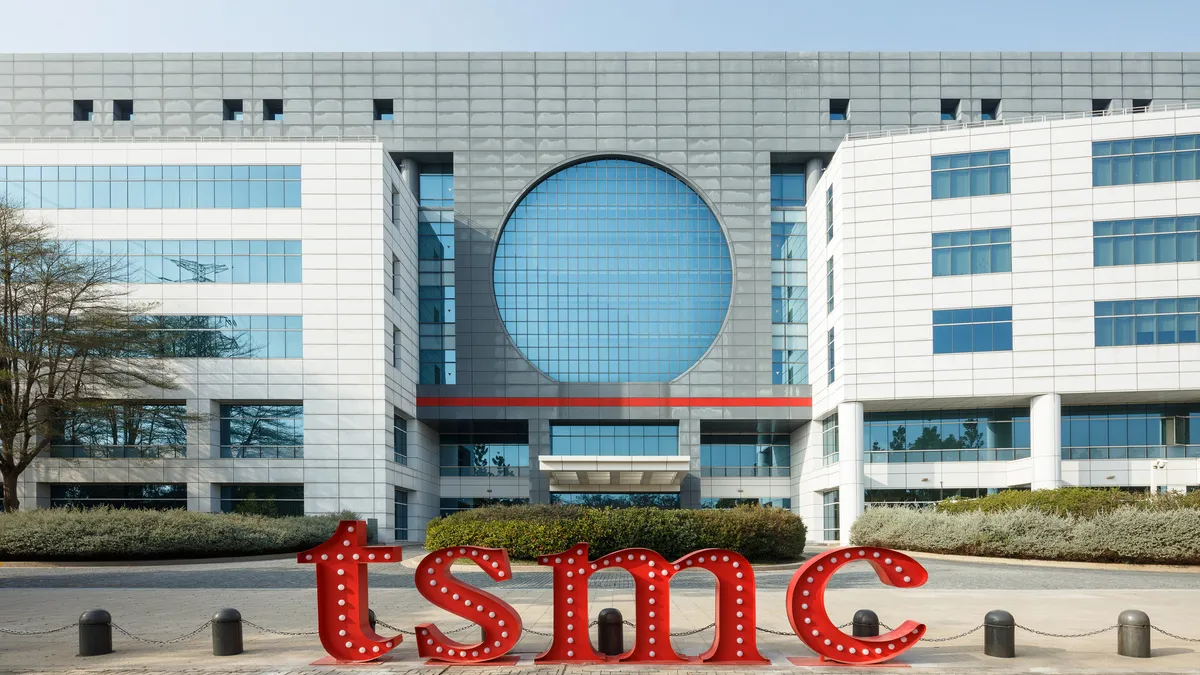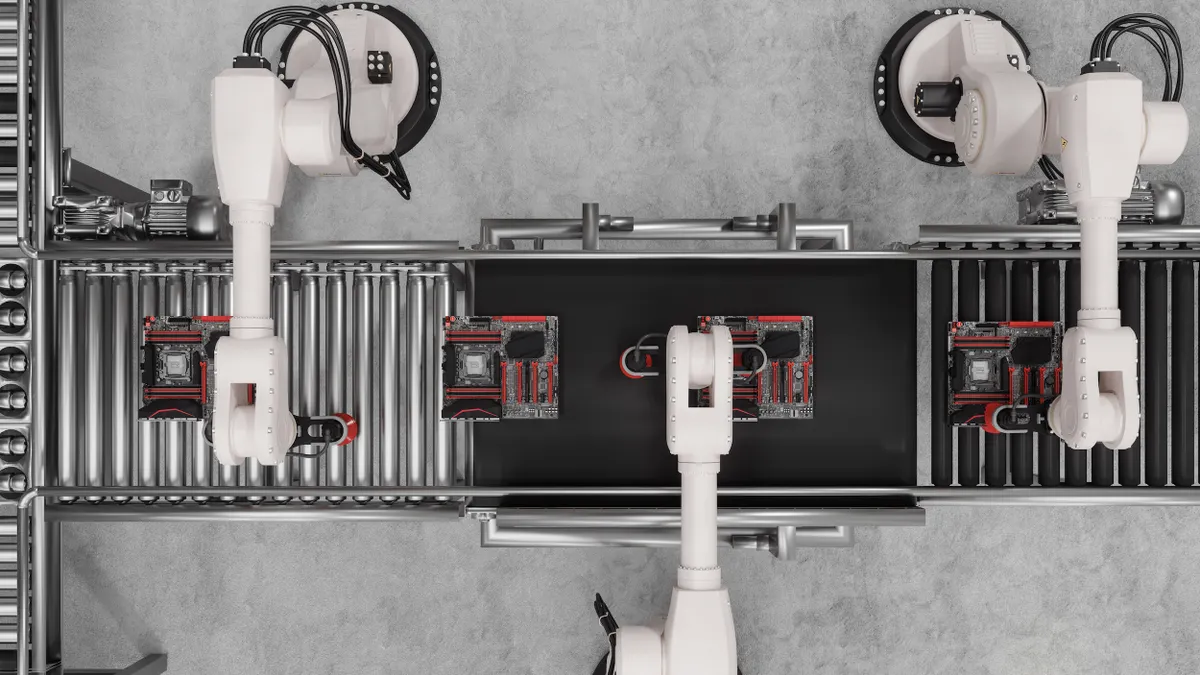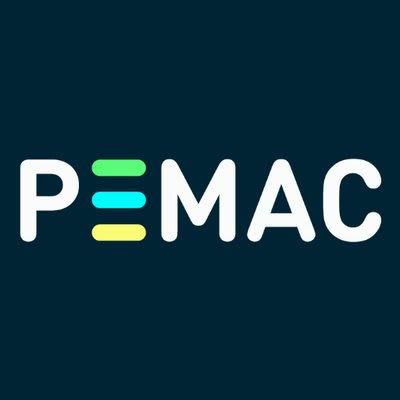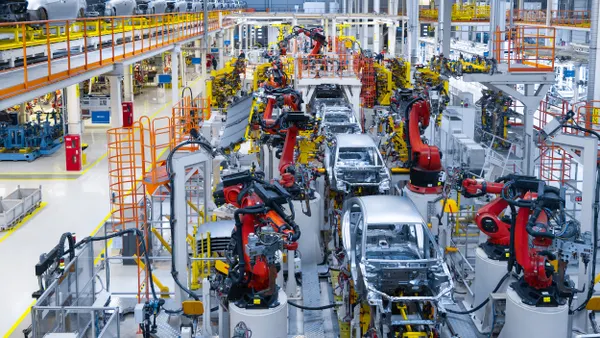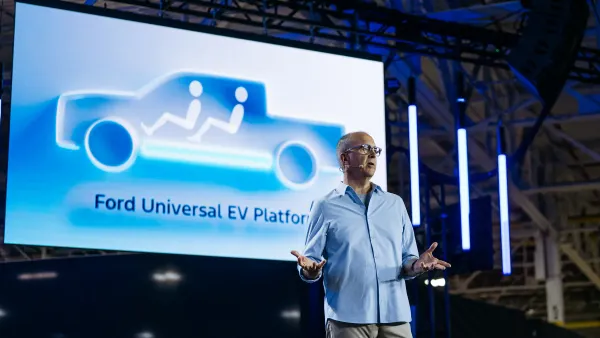The Arizona union that launched a petition to block visas for foreign workers to travel to Taiwan Semiconductor Manufacturing Co.’s upcoming Phoenix facility is now in talks with the chipmaker to train local workers, according to a union spokesperson.
UA Local 469, which represents approximately 4,000 pipefitters, plumbers, welders and HVAC technicians, began circulating the petition on July 24, asking elected officials to block EB-2 work visas for foreign workers that TSMC has said are needed to help with the project's current stage of construction. EB-2 work visas are for foreign professionals with an advanced degree or specific expertise in the sciences, art or business, according to U.S. Citizenship and Immigration Services.
“TSMC has shown a lack of respect for American workers, placing profit above worker safety and deliberately misrepresenting the quality, skills and experience of Arizona’s workforce,” the petition website states. “Replacing Arizona’s construction workers with foreign construction workers directly contradicts the very purpose for which the CHIPS Act was enacted – to create jobs for American workers. It is important that TSMC be held accountable and American workers be protected.”
TSMC announced late last month it was delaying the plant's production schedule from late 2024 to 2025 because it was struggling to find workers with expertise in installing the chipmaker's proprietary equipment, including its extreme ultraviolet lithography machine, used to make integrated circuits.
A TSMC spokesperson declined to comment on the number of visas the company is working to secure, but the union’s petition page states that the company plans to bring more than 500 foreign workers to Arizona.
TSMC is bringing workers to the U.S. on a short-term basis to help with its current phase of construction, a company spokesperson said in an email to Manufacturing Dive. The incoming workers will not impact the nearly 12,000 workers currently at the site or the chipmaker’s ongoing U.S. hiring, the spokesperson said.
“We are now in a critical phase of our Arizona fab work in which we are handling and installing highly advanced and specialized equipment in our unique semiconductor facility. This phase of our construction requires skilled expertise, and we are working with our equipment suppliers to bring to Arizona select, specialized talent on a temporary basis with strong experience with these tools to support this phase and help us quickly ramp this project,” the spokesperson said. “Our plans include cross-training so that we have this experience locally in the future.”
While TSMC is still working to secure the visas, the chipmaker and the union this week began talks for the incoming professionals to train local workers in the specialized skillsets, Brandi Devlin, spokesperson for the Arizona Building and Construction Trades Council, of which UA Local 469 is a member, told Manufacturing Dive.
The union's petition website is still live, but Devlin noted it is no longer actively promoting the initiative. She added that the union launched the petition to raise awareness among elected officials, including those in Congress, about a “lack of communication” from TSMC regarding its plans for foreign workers. It had been unclear, for example, whether they would train local workers and for how long they would stay.
Devlin could not comment on the details of the training and when they will take place, as she said the two organizations are still in talks regarding the plan. The TSMC spokesperson also declined to comment on any ongoing talks between the union and the chipmaker.
Arizona workers have performed "this type of work" for chipmaker Intel at its locations in the state for years, Devlin said, building a partnership for training staff on the company's equipment and processes. Now, the union is hoping to create a similar collaboration with TSMC, to train the local workforce on the company’s proprietary technology and equipment.
“That’s our goal with TSMC, to build that kind of relationship,” Devlin said. “So that as this [facility] is under construction, anytime there’s an issue with skills and training, we address those.”


